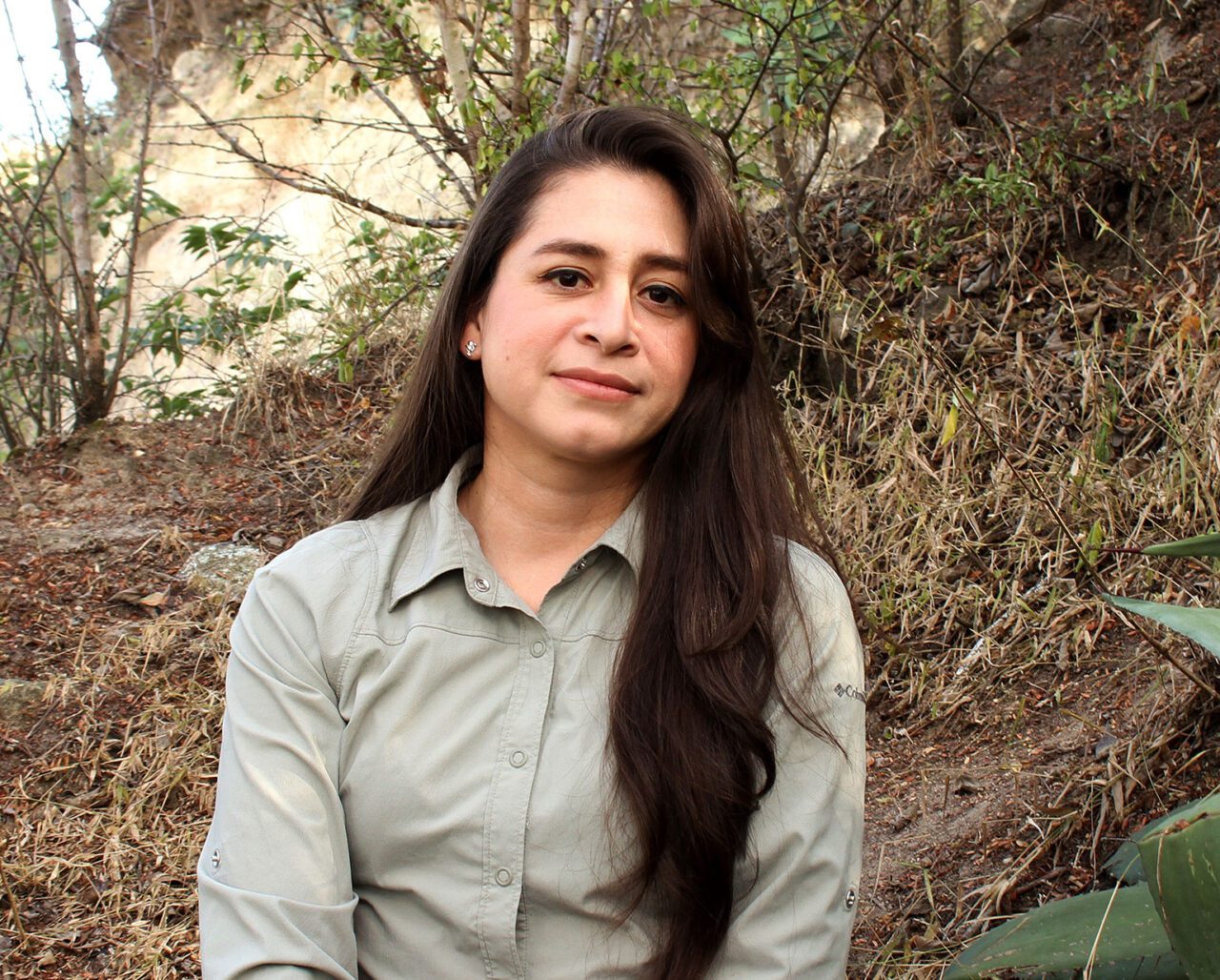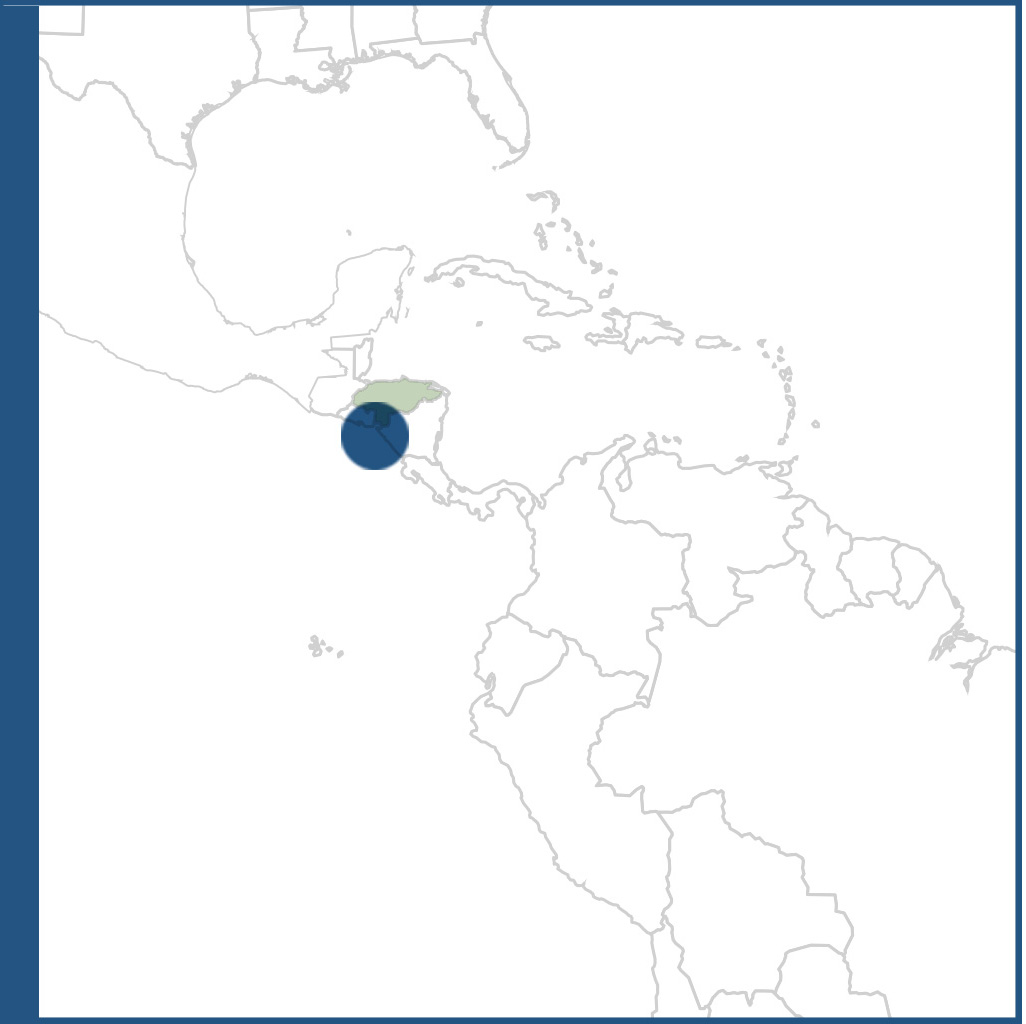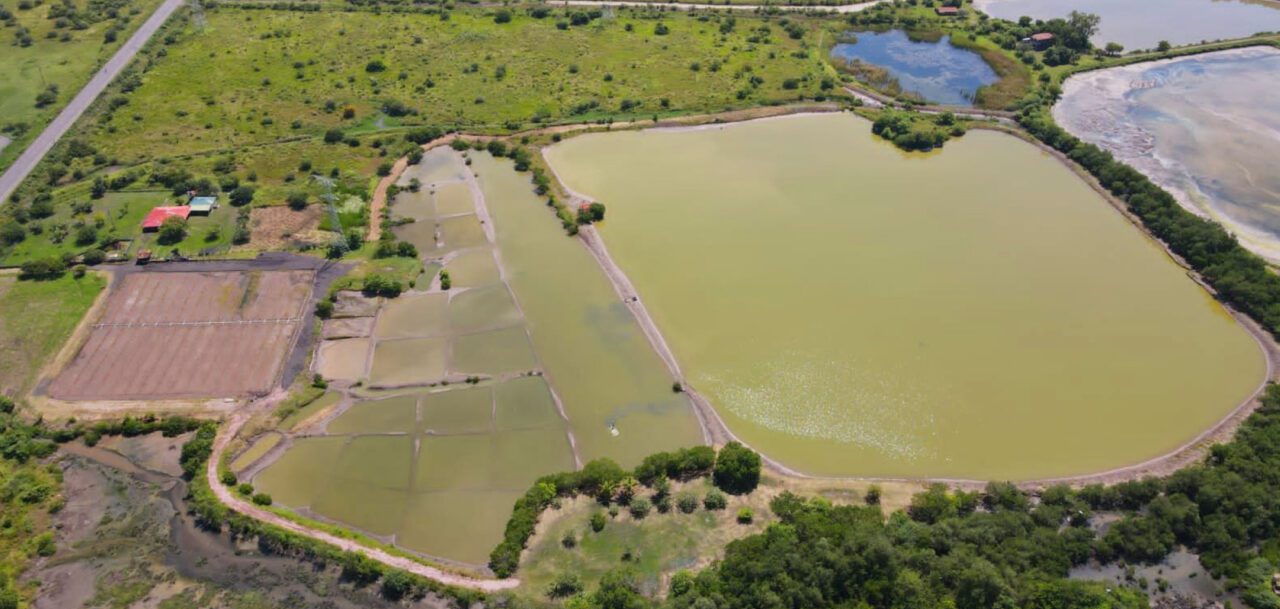Julia Salazar

Honduras: Integrating salt production and shorebird conservation in the Gulf of Fonseca
Project Site: San Lorenzo Bay, Honduras
Sector: NGO
Disciplines: Conservation Biology, Rural Development, Public Policy
Collaborators: Manomet, WHSRN, Ornithological Association of Honduras (ASHO), Association of Salt Producers of Honduras, Municipality of San Lorenzo, Tourism Committee of San Lorenzo
Julia Salazar has a BSc in Tourism and a MSc in Project Management, focused on the ecosystem value of mangroves for salt production in Honduras. Since then, she has been working on implementing better salt production practices and developing alternative products and services to create a new conservation-oriented salt production model. Coming from a family of salt producers in the Honduran Pacific, where she grew up, equipped her with the knowledge and tools necessary to link salt producers with conservation. Since 2012 Julia has led the conservation project at the salt farm called “Salt for Conservation” which seeks to raise awareness among young people about the importance of protecting the ecosystems of southern Honduras, conduct research on the wildlife species that use these productive sites, and create an environmental education program for Honduran salt producers.
Julia joined the Western Hemisphere Shorebird Reserve Network (WHSRN) Executive
Office in April 2020, where she has focused on developing a shorebird conservation-oriented salt production assessment, establishing shorebird-friendly salt production best practices strategies, and identifying threats and benefits to shorebirds at salt production sites.
Julia’s Coastal Solutions Program project is located in the Gulf of Fonseca, shared by Honduras, Nicaragua, and El Salvador. With mangroves, mudflats, beaches, shrimp farms, and salt flats being the predominant environments in the landscape, these sites are of great importance for shorebirds. A part of the Gulf of Fonseca is the San Lorenzo Bay Species Habitat Management Area, a protected area and Ramsar Site in Honduras. San Lorenzo also provides one-fifth of the salt that Honduras consumes. Population growth and expansion of the salt industry is leading to the loss of natural sites used by shorebirds, bringing new threats such as pollution, feral predators, and disturbance.

Despite this, salt farms have become an alternative habitat for many species, including shorebirds. This project will help conserve shorebird habitat by building knowledge and capacity of salt producers to understand their natural environment, the impacts of salt operations on nature, and productivity. The project includes: the promotion of environmental licensing as a requirement for enterprises to access better markets, offer production alternatives to stop extending salt farms into other natural sites, initiate a change in perception of salt production towards activities that contribute to conservation, and generate pride among local communities towards their traditional cultural activities and the unique nature that surrounds them, making San Lorenzo a national and international tourist destination.
Julia will be supported by her mentor Isadora Angarita, a biologist specialized in ornithology from the Universidad del Valle in Colombia, with a Diploma in Endangered Species Management from Durrell Wildlife Conservation Trust and the University of Kent. She holds a Master in Conservation Leadership from the University of Cambridge, UK. A key part of the Western Hemisphere Shorebird Reserve Network (WHSRN/RHRAP) since 2018, Isadora has over 20 years of experience in bird conservation gained through research and involvement with local communities in her native Colombia as part of Asociación Calidris, and in Southeast Asia working on the conservation of endangered species and illegal wildlife trafficking. She has extensive experience building local capacity for a variety of audiences throughout the Americas, generating and facilitating spaces for exchange and conservation planning at all geographic and thematic scales, involving diverse stakeholders.
